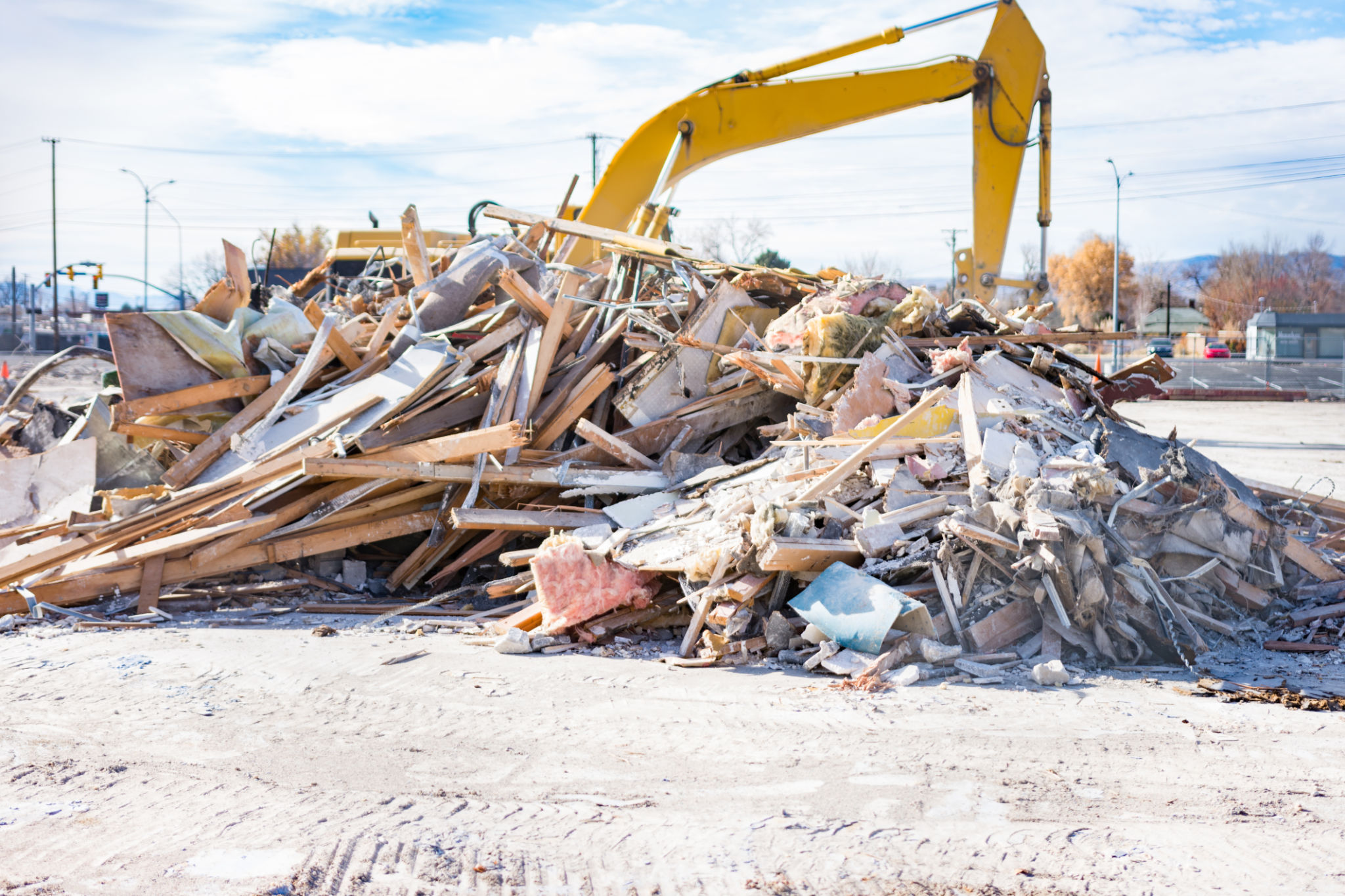Top 5 Tips for Efficient Debris Removal in Dallas County
Understanding Debris Types
When it comes to debris removal in Dallas County, the first step is understanding the different types of debris you might encounter. There are several categories, including construction debris, yard waste, and household junk. Identifying the type of debris is crucial because it determines the disposal method and any necessary permits. For instance, construction debris often requires special handling due to potential hazardous materials like asbestos.
Proper identification also helps in determining whether certain items can be recycled or need to be disposed of in specific facilities. By categorizing your debris correctly, you ensure compliance with local regulations and promote environmental sustainability.

Planning Your Debris Removal Project
Efficient debris removal starts with a solid plan. A well-thought-out plan can save you time and resources. Begin by estimating the volume of debris you need to remove. This will help in deciding whether you need professional help or if a DIY approach is feasible. Consider scheduling your project during off-peak hours to avoid traffic delays and ensure that disposal facilities are open.
Next, gather all necessary tools and equipment. This might include gloves, safety goggles, bags for smaller waste, and larger containers for bulk items. Planning ahead also involves checking the weather forecast, as adverse conditions can complicate the removal process.
Choosing the Right Tools and Equipment
The success of your debris removal task heavily relies on using the right tools and equipment. For general household junk, you might only need basic tools like heavy-duty garbage bags and a reliable vehicle for transport. However, for larger projects, such as construction site cleanups, renting specialized equipment like dumpsters or compactors might be necessary.

Safety should always be a priority. Ensure you have personal protective equipment such as masks and gloves, especially when dealing with hazardous materials. Investing in the right tools not only speeds up the process but also minimizes the risk of injury.
Hiring Professional Services
For large-scale projects or when dealing with hazardous materials, hiring professional debris removal services in Dallas County might be the best option. Professionals have the expertise, equipment, and permits required to handle different types of debris safely and efficiently. They can also provide insights into recycling options and ensure that all disposal complies with local regulations.
When choosing a service provider, research their reputation and read reviews from previous clients. Look for companies that prioritize eco-friendly practices and offer comprehensive services tailored to your specific needs.

Recycling and Disposal Regulations
Adhering to recycling and disposal regulations is vital in Dallas County. Familiarize yourself with local laws concerning waste disposal to avoid fines or penalties. Many items can be recycled or repurposed, which helps reduce landfill use and supports environmental conservation.
Check with local waste management facilities for guidelines on separating recyclable materials from general waste. Understanding these regulations not only ensures compliance but also contributes positively to community efforts in maintaining a clean and safe environment.
Conclusion
Efficient debris removal in Dallas County involves a combination of planning, using the right tools, understanding local regulations, and sometimes seeking professional help. By following these top tips, you can manage your debris removal project smoothly while contributing to a cleaner and greener community. Whether you're tackling a small home renovation or a large construction project, these guidelines will help ensure an efficient and environmentally responsible cleanup.
